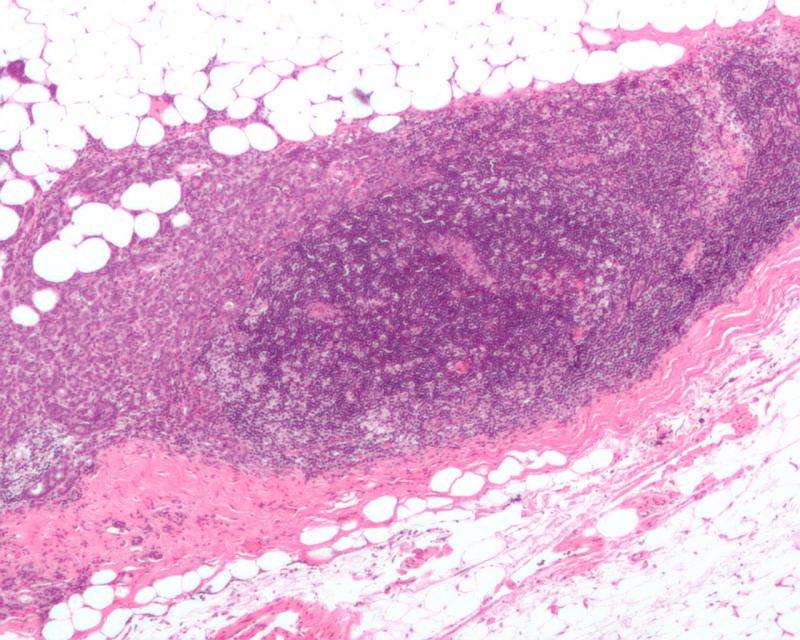Fat cells may play key role in battle against breast cancer

New research led by York University Professor Michael Connor highlights how fat cells could help determine the most effective way to fight breast cancer; including using exercise to combat the disease.
Previously, adipose tissue (body fat) was thought of as a storage form of energy. However, fat cells are now understood to be active cells that produce more than 400 adipokines (hormones) which eventually end up in the blood and make their way around the body. Connor and his research team set out to determine whether the hormones found in body fat can account for the observed association between obesity and breast cancer.
"Our research has found that the characteristics of hormones produced by fat cells in obese people can promote breast cancer growth, whereas in lean people it prevents growth," said Connor. "The characteristics of those hormones differ depending on whether the person is lean or obese and that determines whether the cancer grows or not."
Using a rodent model, Connor and his team looked at whether the fat cells play a role in the link between obesity and breast cancer, and whether interventions targeted at obesity counteract any of the life-threatening effects of breast cancer.
The research published in the Journal of Applied Physiology points to exercise - which has none of the harmful side-effects of many cancer drugs - as being a potentially beneficial therapy in some breast cancer patients.
"Our study shows that voluntary and rigorous exercise can counteract, and even completely prevent the effects on cancer growth that are caused by obesity. We also show that even moderate exercise can lead to slowing of breast cancer growth and that the more exercise you do, the greater the benefit." said Connor.
For nearly a half century, researchers have studied the links between obesity and breast cancer. This recent study has revealed specifically that adiponectin and leptin are possible reasons for poorer response to therapy and higher risk of death in obese persons than in others.
More information: Christopher F. Theriau et al. Voluntary physical activity abolishes the proliferative tumor growth microenvironment created by adipose tissue in animals fed a high fat diet, Journal of Applied Physiology (2016). DOI: 10.1152/japplphysiol.00862.2015
















